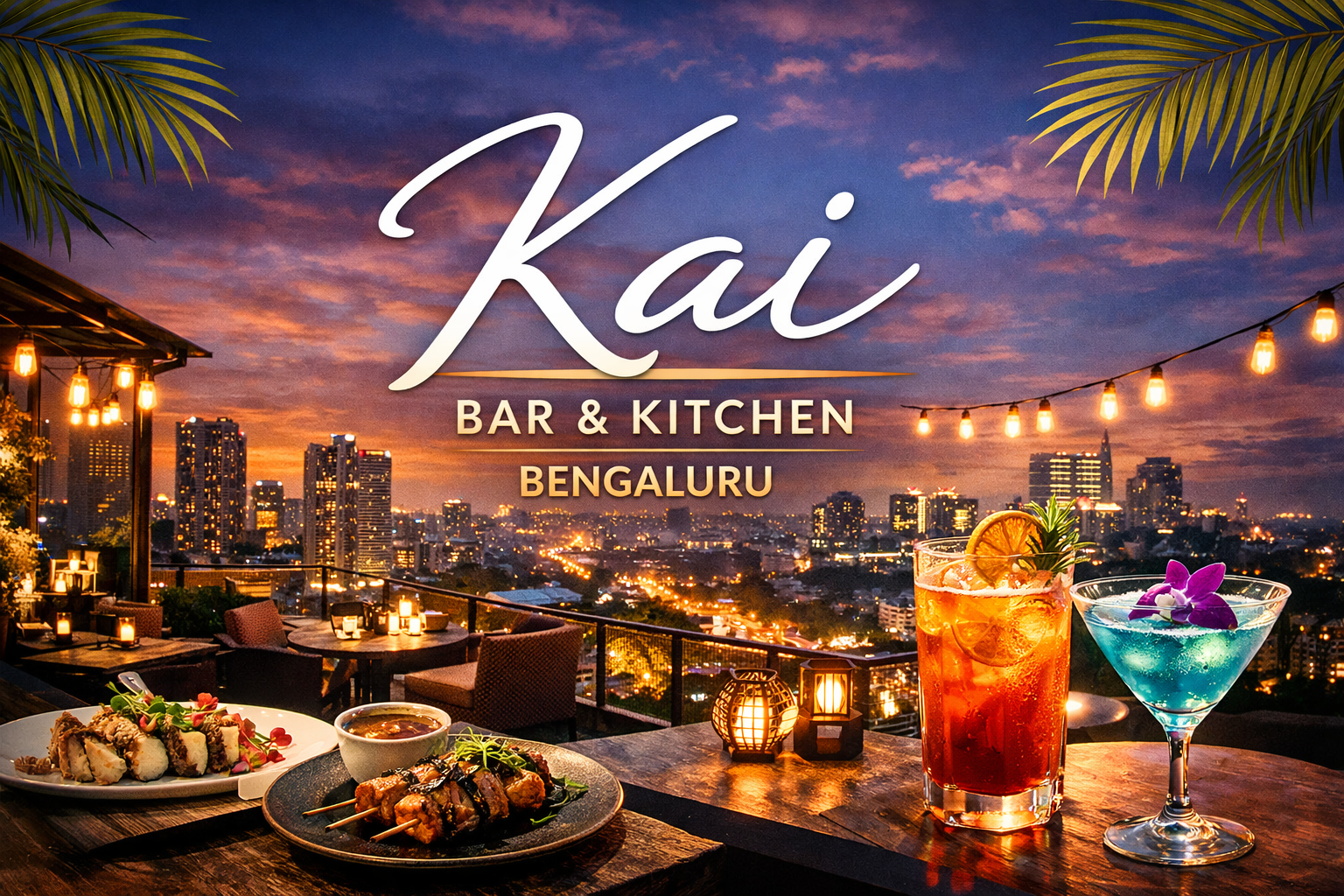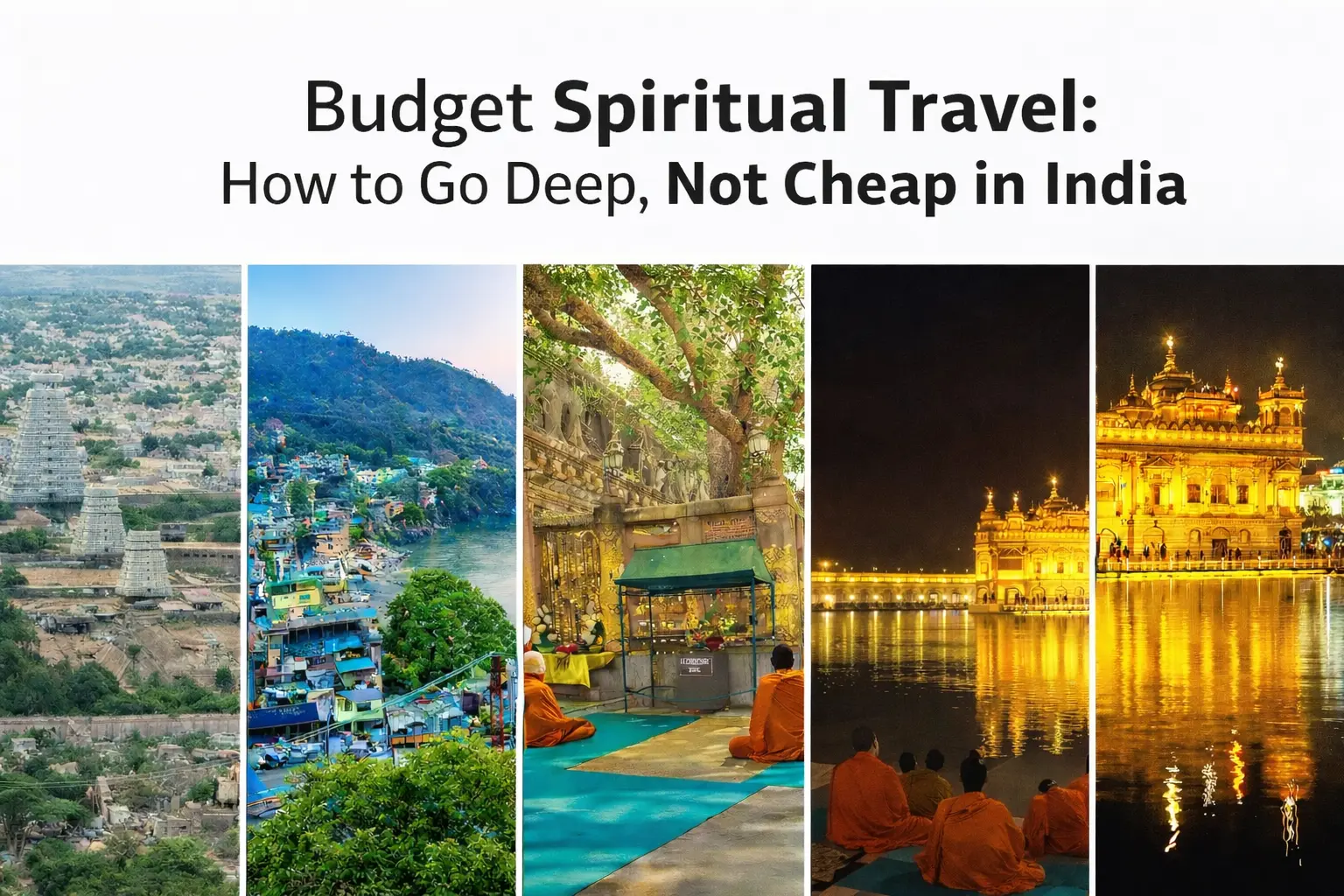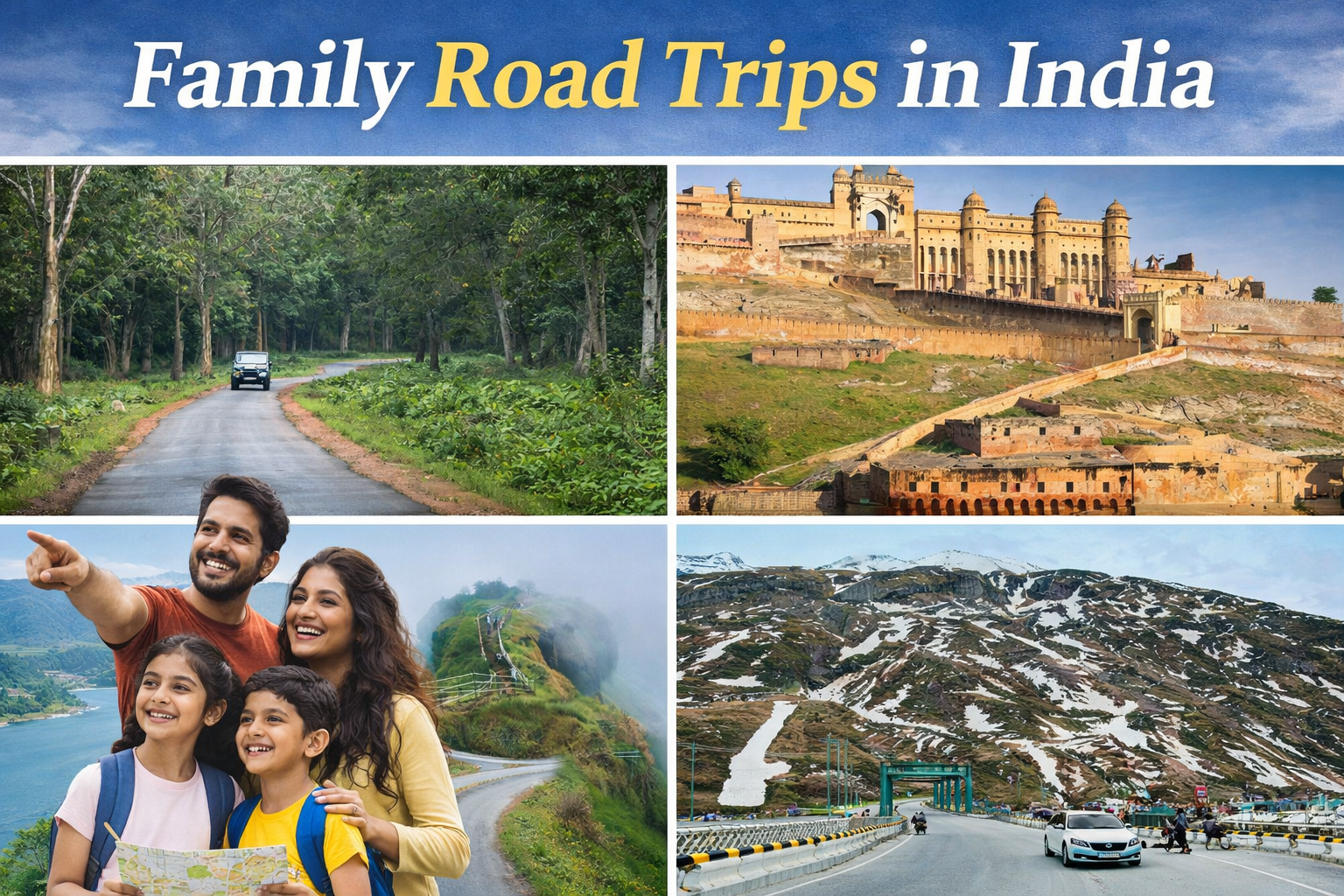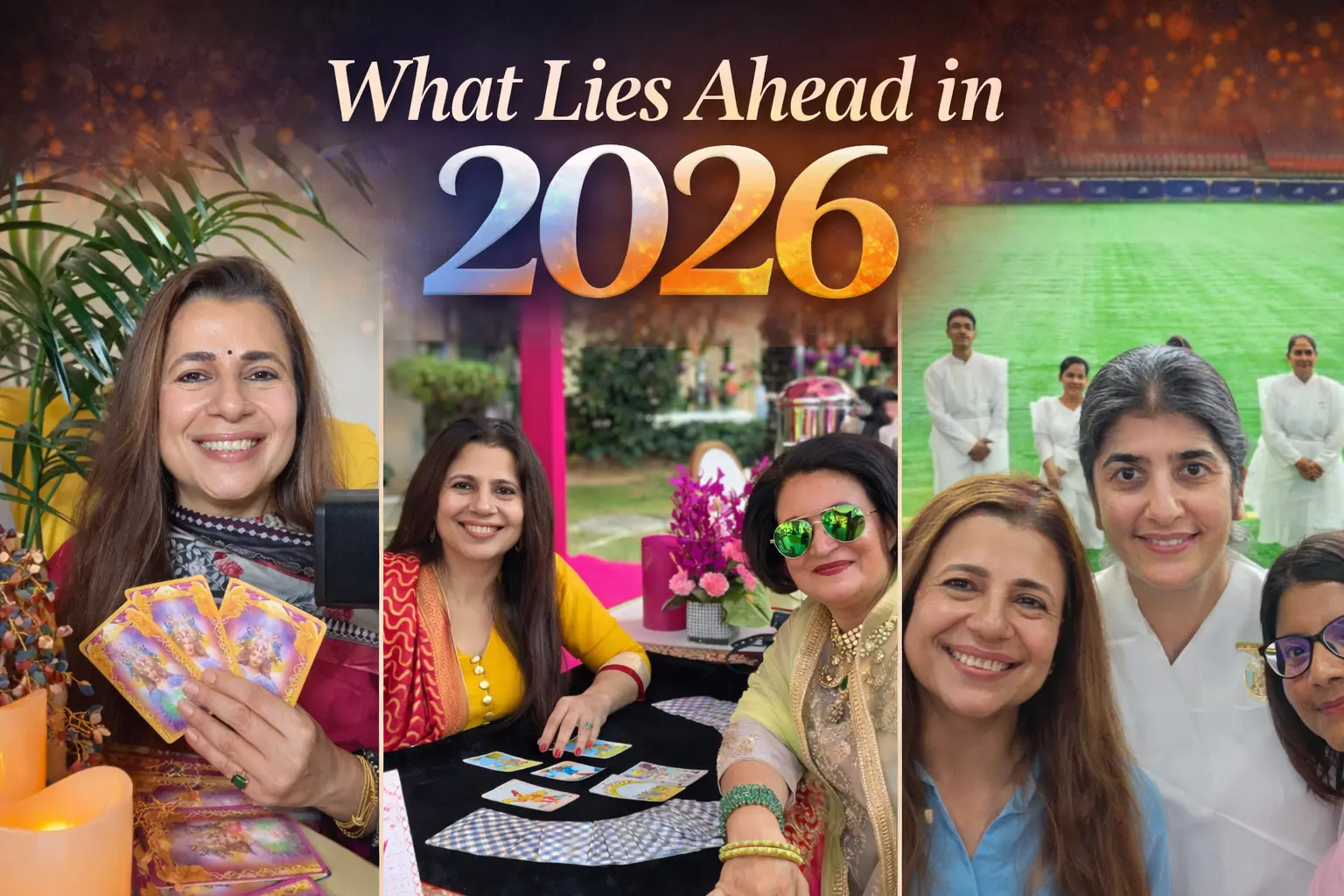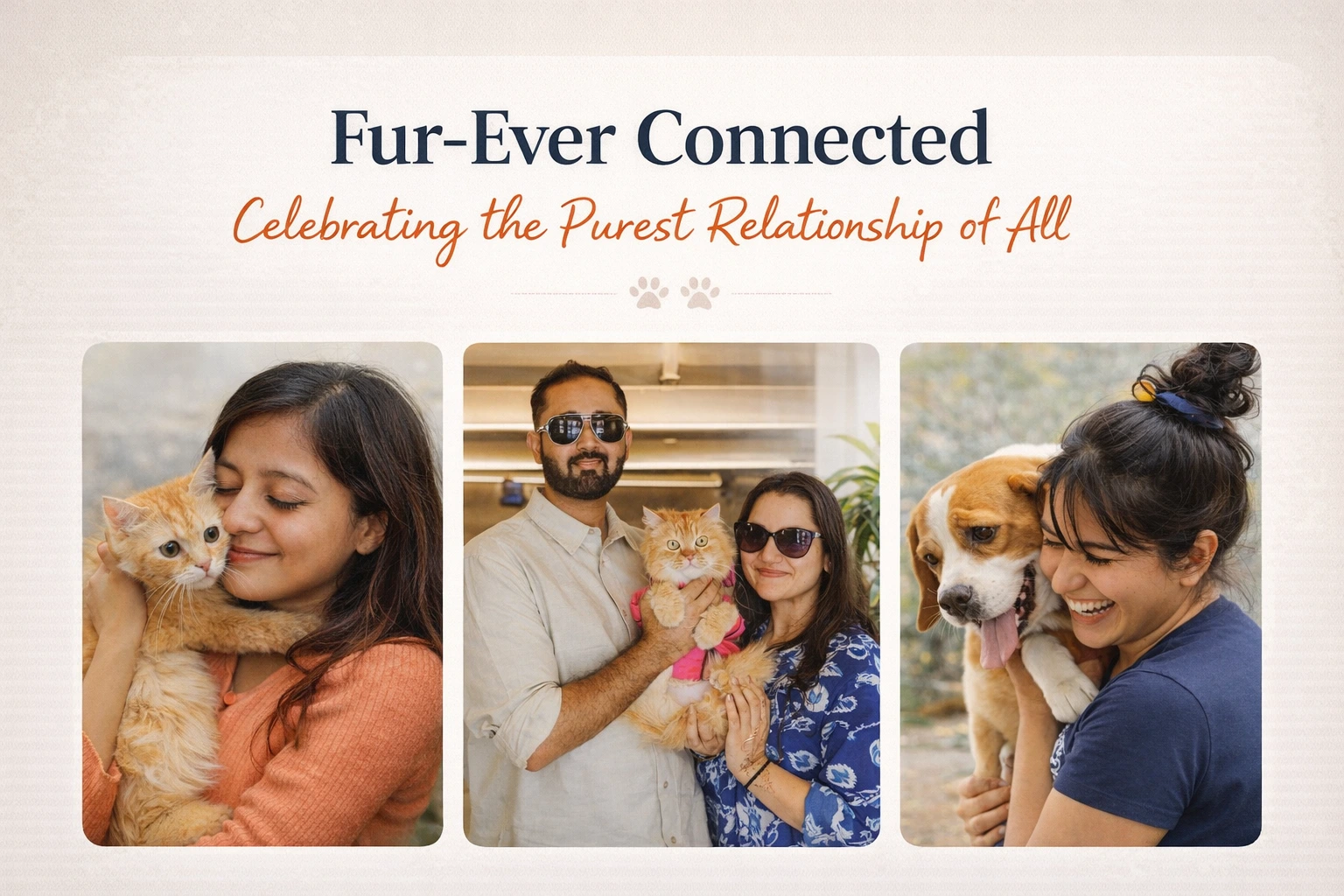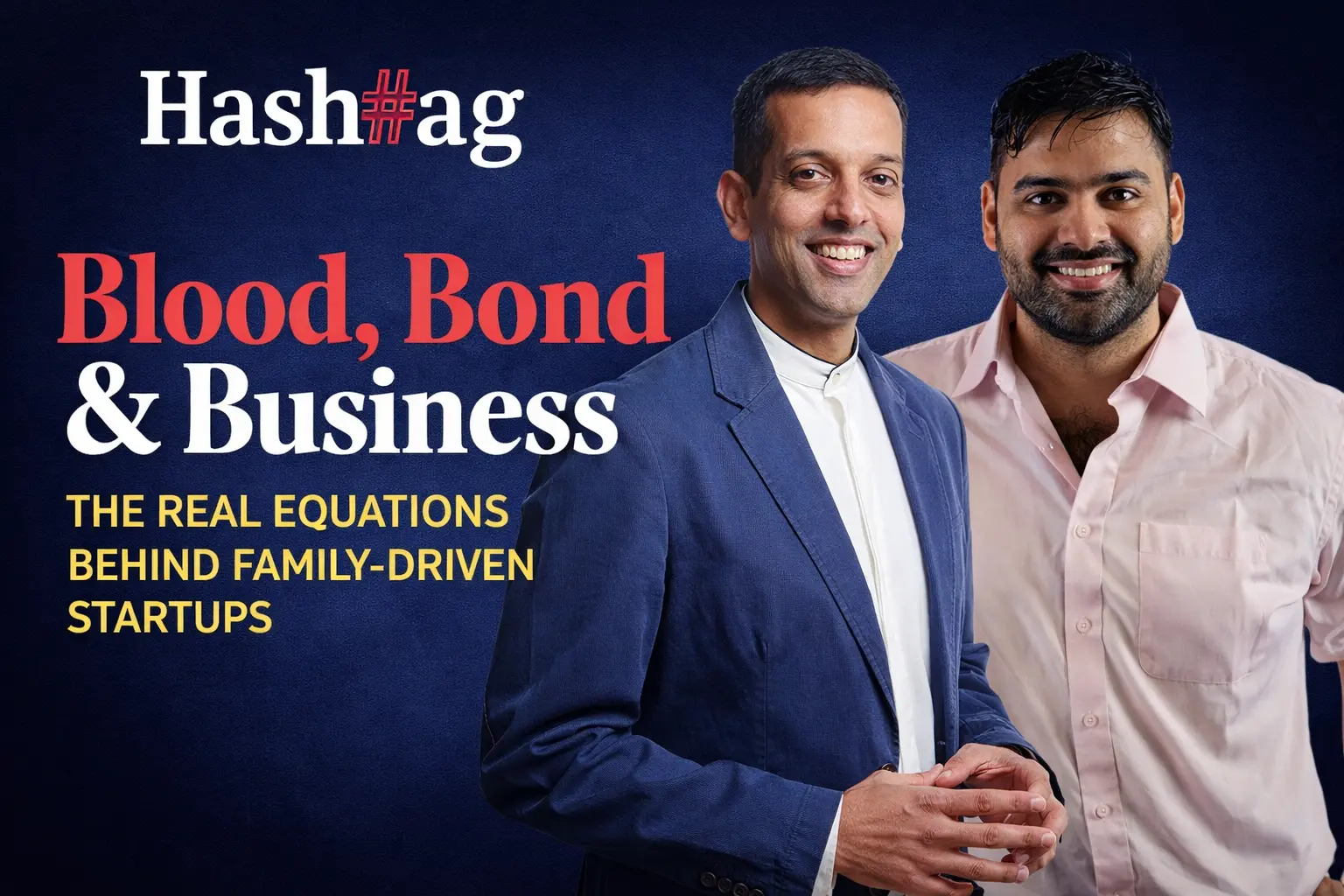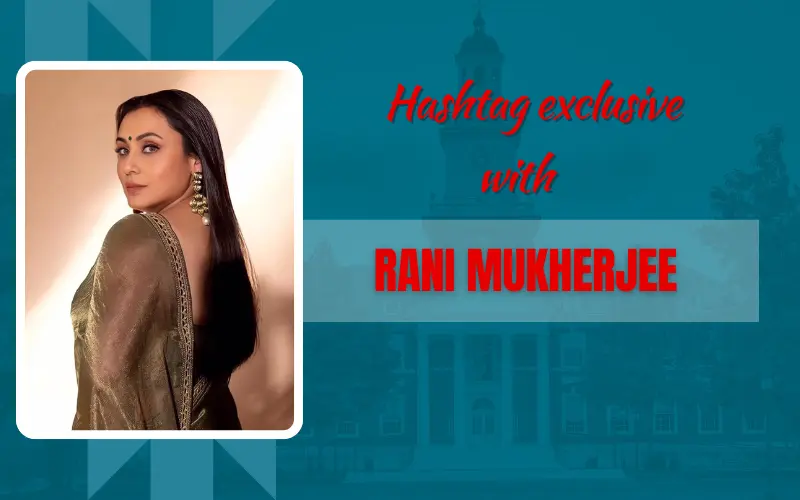In a time where conversations around love, relationships, and commitment are evolving rapidly, open marriages have started entering the mainstream discussion — often met with equal parts curiosity and judgment. Popularized by celebrity revelations and global media, the idea of consensual non-monogamy within a legally recognized marriage is no longer taboo, though still controversial.
Hashtag magazine explores what open marriages really are, the potential pros and cons, and where Indian law stands on the subject.
What Is an Open Marriage?
An open marriage is a consensual agreement between spouses that allows either or both partners to have sexual or emotional relationships outside the marriage — without it being considered cheating. The key component is mutual consent and communication.
It differs from infidelity or extramarital affairs, as both partners are aware and accepting of the arrangement.
 Pros of an Open Marriage
Pros of an Open Marriage
1. Honest Communication
To make an open marriage work, partners need to have open, honest, and deep communication. This can lead to stronger emotional transparency and reduced chances of deception.
2. Personal Freedom
Some people feel constrained by lifelong monogamy. Open marriages may offer them the ability to explore their identities, desires, and attractions — while still being emotionally and legally committed to their spouse.
3. Better Conflict Resolution
Surprisingly, couples in open marriages often report better conflict resolution skills, as constant communication and negotiation become second nature.
4. Avoiding Sexual Stagnation
Over the years, some couples report a loss of physical intimacy. An open marriage may help maintain physical excitement without ending the relationship.
5. Emotional Security
If done with consent and care, it can reduce insecurities as the primary emotional bond stays intact while physical exploration is allowed outside the marriage.
 Cons of an Open Marriage
Cons of an Open Marriage
1. Jealousy and Insecurity
Despite rules and agreements, jealousy often creeps in. Managing emotional responses can be challenging, especially if one partner feels replaced or less valued.
2. Risk of Emotional Attachment
Even if initially framed as physical-only, emotional bonds can form with external partners, which can complicate the primary relationship.
3. Social Stigma
India remains largely conservative when it comes to marriage. Open marriages can lead to social backlash, especially from family or community members.
4. Parenting Complexities
If children are involved, maintaining an open marriage can raise concerns about role modeling, stability, and emotional security for the child.
5. Legal Ambiguity
While consensual non-monogamy is not criminal, it’s not legally protected either. If the marriage dissolves, things can get legally messy — especially around alimony, custody, or property division.
What Does Indian Law Say?
Indian law does not explicitly recognize or protect open marriages. Here’s what the legal framework currently looks like:
1. Marriage is Legally Monogamous
Under the Hindu Marriage Act, 1955, and Special Marriage Act, 1954, a marriage is considered monogamous by default. Having sexual relationships outside marriage — even with consent — can complicate legal standings in case of divorce.
2. Adultery Decriminalized, But Still Grounds for Divorce
As per the 2018 Supreme Court verdict, adultery is no longer a criminal offence under Section 497 of the IPC. However, it remains a valid ground for divorce. This means a partner may still use it as a reason to seek legal separation.
3. Consent Isn’t a Legal Defense
Even if both partners consent to an open marriage, Indian courts may not always consider it a valid defence in matrimonial disputes.
4. Custody Battles Can Get Murky
In case of separation, a partner’s involvement in an open marriage might be used against them in custody cases, as courts often prioritize a “morally stable” environment for children.
How Open Marriages Are Viewed in Indian Society
Despite growing urban acceptance, open marriages remain rare and often judged. Most Indians, especially in traditional households, view marriage as a sacred, monogamous union. However, younger generations in metro cities are beginning to challenge these ideas and explore alternative relationship models, including:
- Situationships
- Live-in relationships
- Polyamory
- Conscious uncoupling
These are slowly gaining visibility, if not full acceptance.
Is an Open Marriage Right for You?
Here are a few questions partners might consider:
- Are we both on the same page emotionally and sexually?
- Is there complete trust and open communication?
- Can we set boundaries and respect them?
- Are we emotionally prepared for possible jealousy or complications?
- Are we ready to face social stigma or family pressure?
If the answer is a clear and mutual “yes” — and if there is emotional maturity and deep trust — then an open marriage might be an option to explore.
Final Thoughts
Open marriages challenge the traditional idea of romantic exclusivity — especially in a country like India, where culture and community still heavily influence personal choices. While they may work for some couples, they demand a level of emotional intelligence, honesty, and communication that goes far beyond the norm.
More importantly, the law doesn’t currently protect or acknowledge such arrangements, making it a high-risk territory if things go wrong.
As relationship dynamics evolve, it’s essential to create space for dialogue without judgment, while also ensuring one’s emotional and legal security is never compromised.









